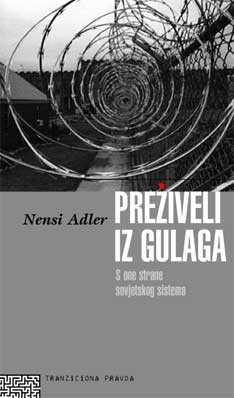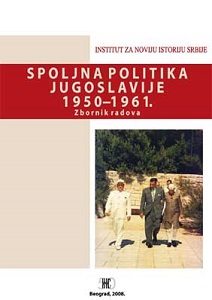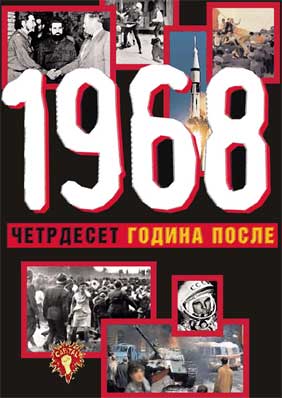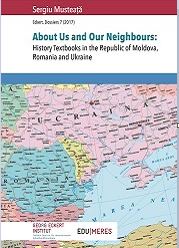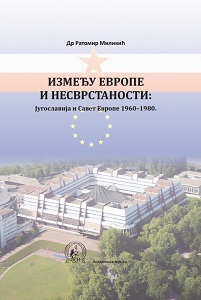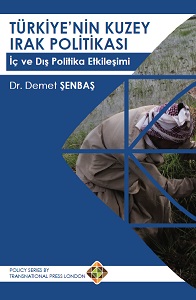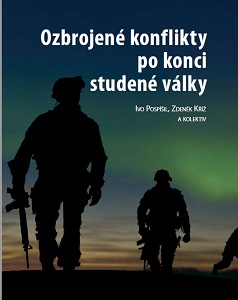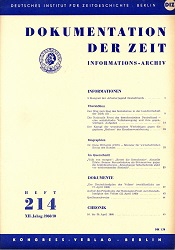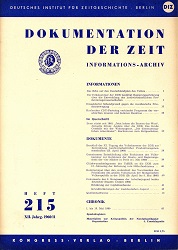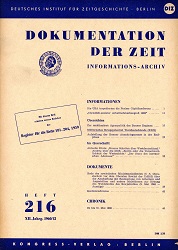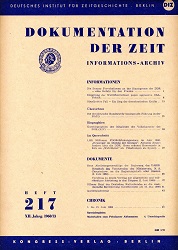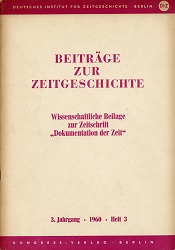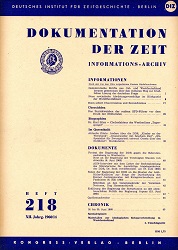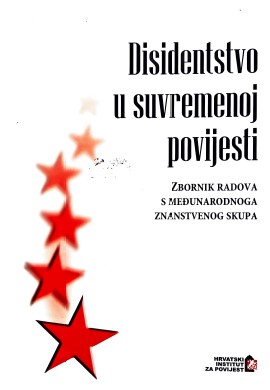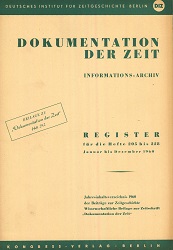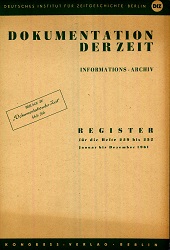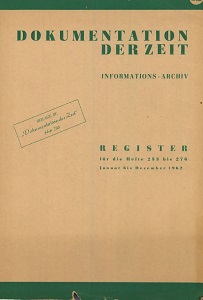Author(s): / Language(s): Serbian
1968 – Forty Years Later represents a collection of historiographical works of 26 authors from different countries (Serbia, Russia, Czech, Croatia, Bulgaria, and Germany) about the international relations and the foreign-relation temptations of Yugoslavia and also about the domestic circumstances in Yugoslavia during the years 1967-1969. The first part of the book is dealing with topics like: 1968 as the turning-point for Eastern Europe, „Prague Spring“ after the increase of Soviet pressure on Czechoslovakia (July 1968), „Prague Spring“ and the attitudes of the Hungarian leadership, its influence in Bulgaria, the phenomenon of the Czechoslovak opposition after the defeat of the „Prague Spring“ in 1969-1972, the year 1968 as a point of departure of the new Yugoslav foreign policy orientation, Yugoslav reactions to the crisis in the Middle East and dictatorship in Greece, Yugoslav-Soviet, Yugoslav-Romanian and Yugoslav-Italian relations in the days of the Soviet intervention in Czechoslovakia, Yugoslavia relations with the Federal Republic of Germany in 1960s, Yugoslav economic emigration in West Germany and the visit of the crew of Apollo 11 to Yugoslavia in 1969. The second part of the book is consisted from the works about Yugoslavia's activities in domestic and foreign policy after the intervention of the Warsaw Pact in Czecholsovakia in 1968, Yugoslav People’s Army’s ordeals in 1960s, the echo of the global student revolt of 1968 in Yugoslav youth and student press, student demonstrations in Belgrade and Yugoslavia in 1968, the case of Krunoslav Draganovic as one aspect of Yugoslav − Vatican relations, liberalization of Yugoslav theatre, and „rebellious“1968 in Istria. Most works are based on the new historical researches and they, after forty years, try to give a new answer and point of view on the issues connected with the happenings in 1968. The book contains also Chronology of the important events in 1968 and Bibliography of the selected Works on 1968.
More...
